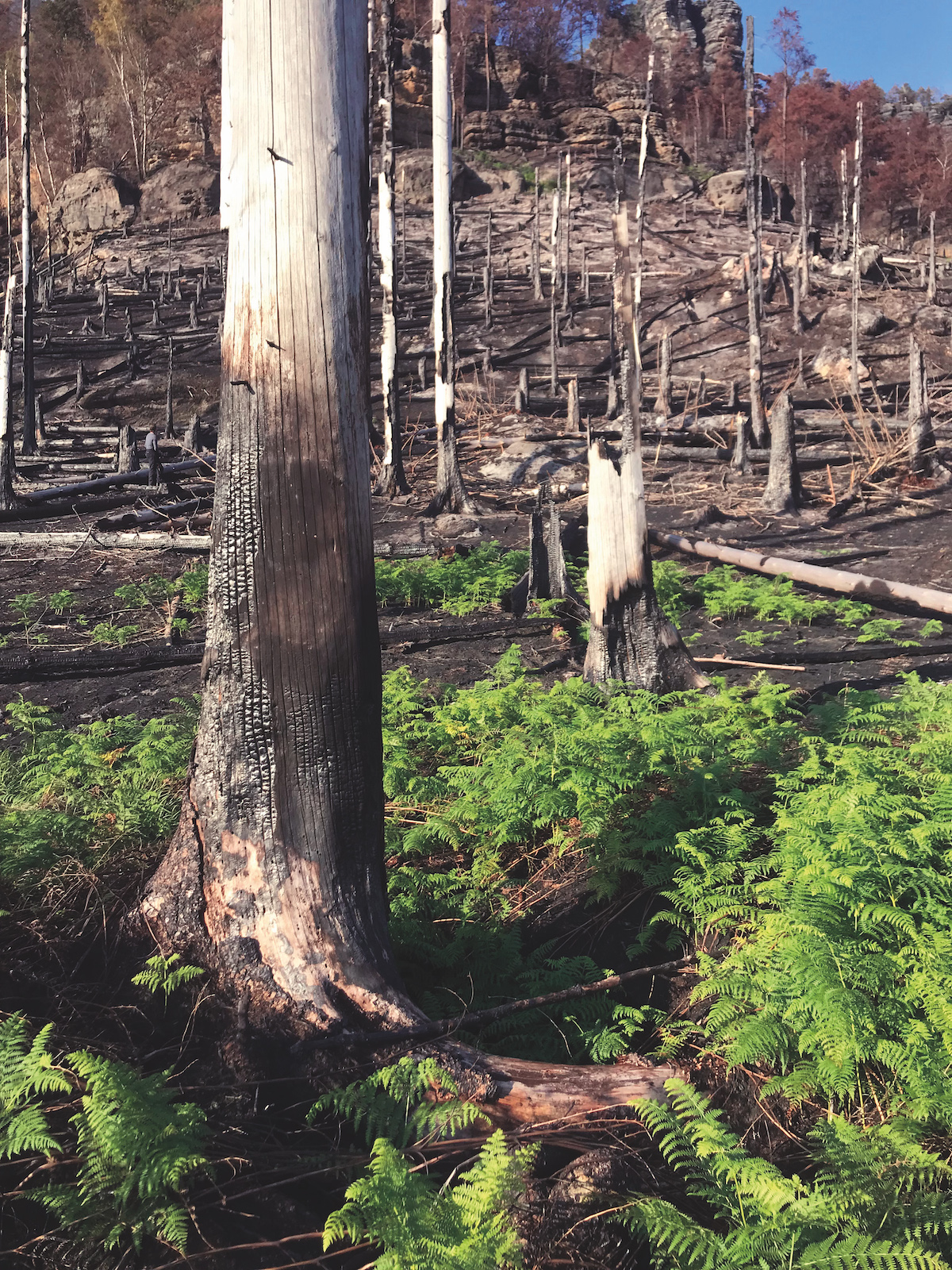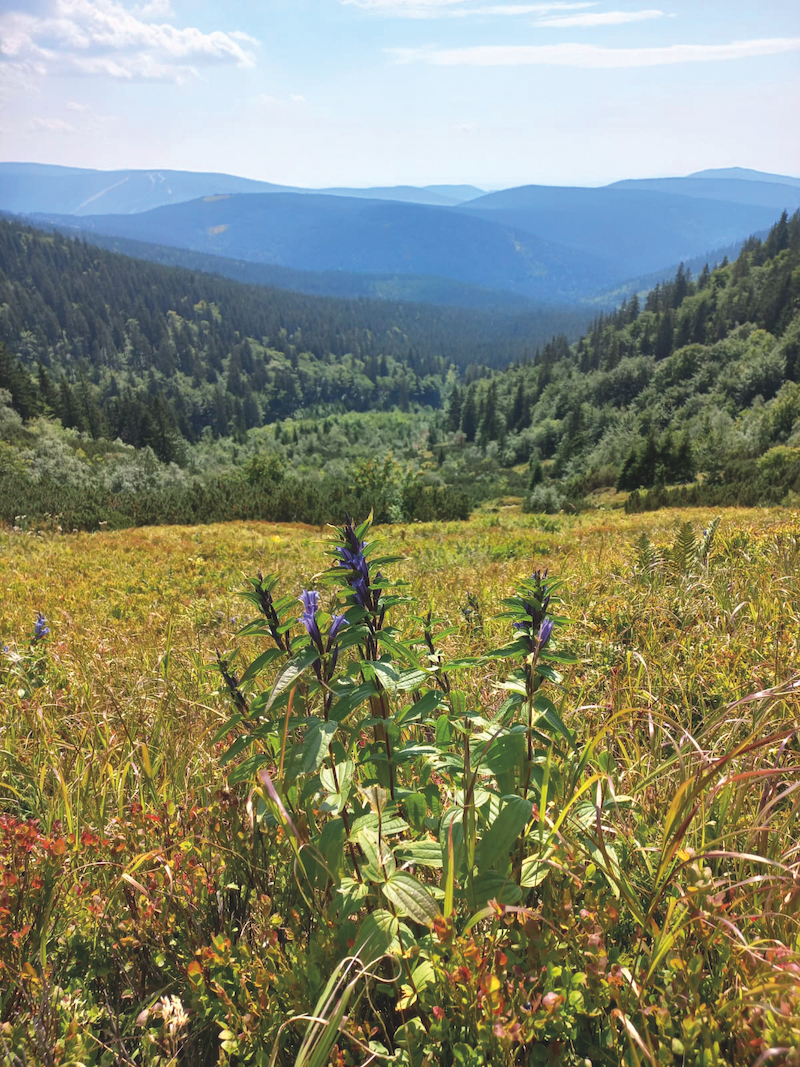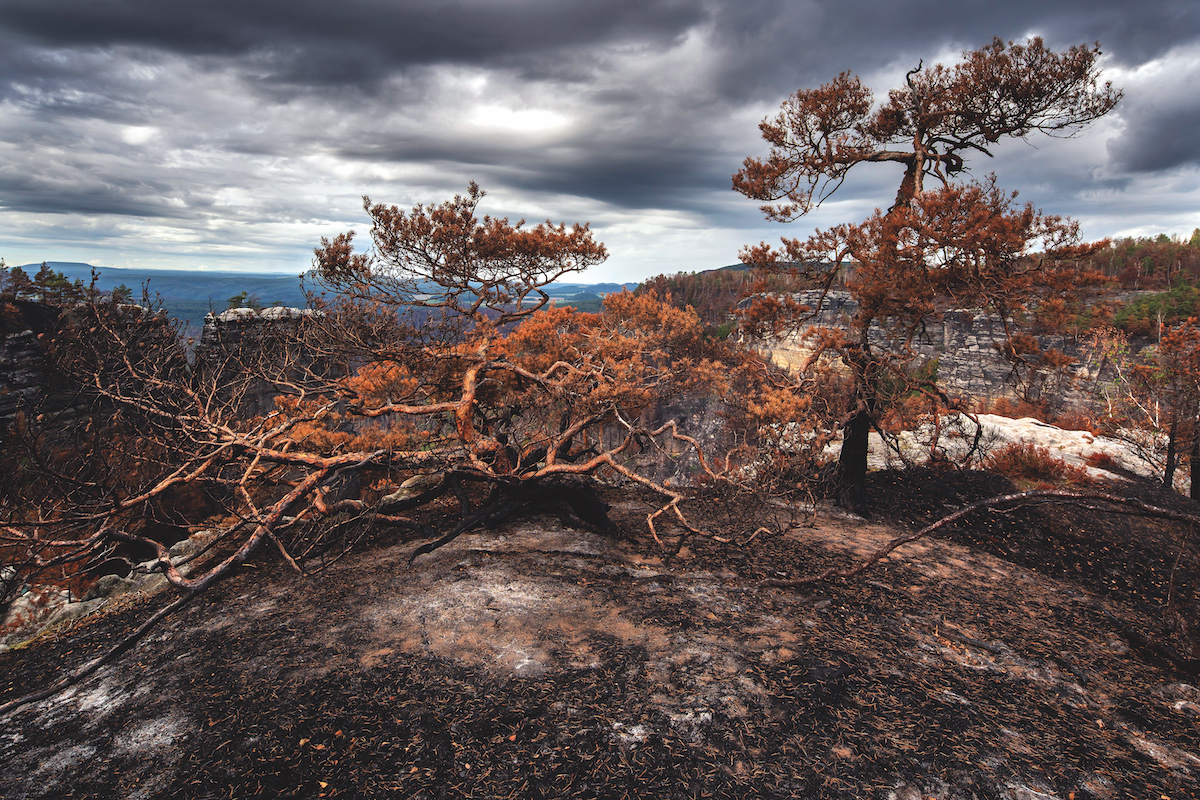
Text: Eva Volfová; Photo: Archive
Why we need to protect biodiversity
Healthy ecosystems provide food and food security, clean water, carbon sinks, and protection against natural disasters caused by climate change. They are essential for our long-term survival, wellbeing, prosperity, and security, as they are the basis for Europe’s resilience. But despite EU and international efforts, biodiversity loss and the degradation of ecosystems continue at an alarming rate, harming people, the economy, and the climate.1) During the Czech presidency of the EU Council, we started negotiations on the new European Nature Restoration Law. It admits that nature has been degraded to a large extent, and that we need to restore it in order to survive. Climate and biodiversity crises are two sides of the same coin, which is the “unsustainability” of our civilization’s way of life.
Political will and funding can be mobilised
Tackling biodiversity losses, protecting our nature, and doing everything possible to maintain sustainability are one of our most important common goals. Biodiversity is the absolute basis of life. Protecting and restoring biodiversity is the only way to preserve the quality and continuity of human life on Earth. The COVID-19 pandemic has once again shown us the fundamental importance of ecosystems and biodiversity for our health, and for our economic and social stability.
The rapid and massive response to the COVID-19 pandemic demonstrated that enormous political will and funding can be mobilized when humans perceive an existential threat. It is imperative that the climate and biodiversity crises be communicated as similar threats as well.2)
Protecting biodiversity is a global challenge, and the next decade will be decisive. Our wilderness is disappearing before our eyes, and more species are being put at risk of extinction than at any other point in human history. In the last four decades, global wildlife populations fell by 60% as a result of human activities3). Global efforts have largely been insufficient up until now. Climate change is largely negatively affecting biodiversity in all ecosystems, including critical and vulnerable ones, as well as intact and wilderness areas. Nature cannot afford any half-measures or lack of ambition. In this spirit, the EU and Czechia, as the current Presidency of the Council, are committed to doing their utmost to reverse the negative trends.
We must shift from theory to action
For decades it has been known what we need to do. We have had a lot of international conventions, strategies, commitments, and instruments, but for a long time it has been obvious that it is still not enough. In the 30 years of its existence, our law on nature and landscape protection has never been fully implemented. We have settled for half-measures in nature conservation, which have only slowed the decline, but real change is admitting that the negative trends have not been reversed and coming up with a truly viable solution, which will finally reverse decades of exploitation.
It is evident that political attention and will is indeed shifting towards more recognition of nature and climate-related issues. We need to shift from theory to action.
If we are to have any chance at all of halting the decline in biodiversity, mitigating climate crisis, increasing water retention, being more resilient to climate change, etc. then we need large-scale implemented local solutions involving all actors. Conservationists alone cannot “save nature” on their own, despite their best efforts. They can offer experience with sustainable practices, but these cannot be merely applied in protected areas. The concept of sustainable land use, which can go hand in hand with nature conservation, is also appropriate given the current priority of food and energy security.
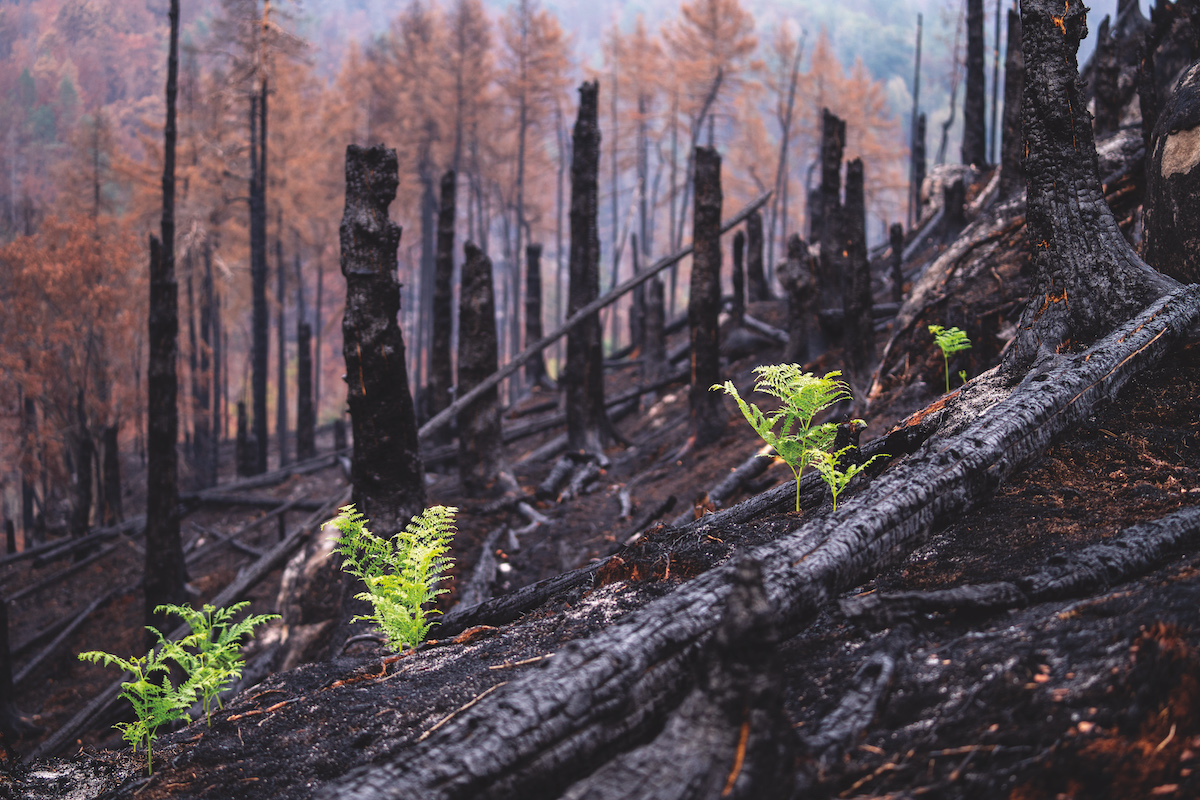
Sometimes, we have to just let nature do its job
Sometimes, we only have to let nature do its job for transformative regeneration to occur. A good example is the forests of the National Park in Bohemian Switzerland, which was hit by a strong fire this year. A natural phenomenon is taking place there, which will help start the natural regeneration of the area and will allow for the creation of multi-species, resilient forests in place of the former spruce and pine monocultures. This restoration is already underway there.
As a species, humankind only has a limited amount of time left to effectively use the knowledge we have accumulated to collaborate broadly in order to restore landscapes and ecosystem services so that we can survive on this planet.
1) https://environment.ec.europa.eu/publications/nature-restoration-law_en.
2) Prague Manifesto for Biodiversity Conservation – ECCB 2022.
3) https://ec.europa.eu/ environment/biodiversity/business/biodiversity/index_en.htm
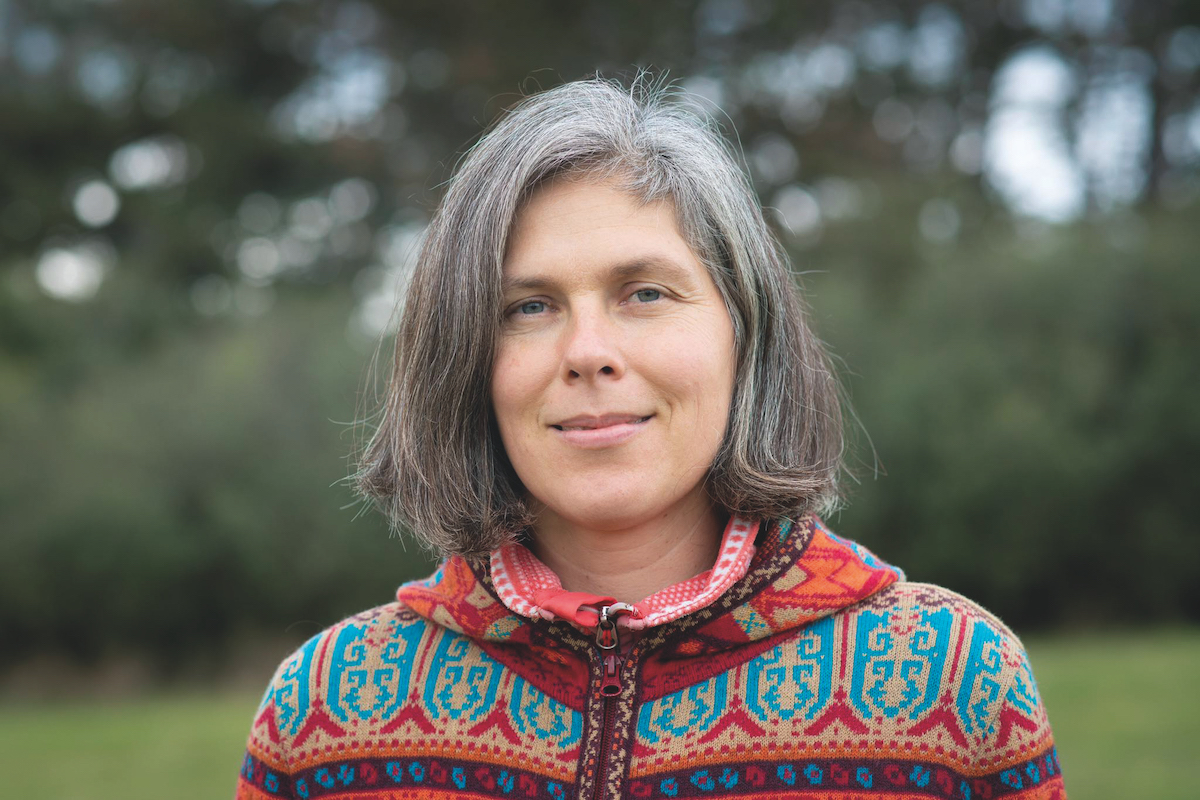
Mgr. Eva Volfová
She studied environmental protection at the Faculty of Science of Charles University in Prague. Currently, she works as a Deputy Minister of the Environment. She worked as an adviser to the deputy for the environment at the Regional Office of the Pilsen Region. She is a forensic expert in the field of nature protection. She was involved in the preparation and implementation of Natura 2000. she did field mapping of habitat types, expert site proposals, management plans, monitoring, appropriate assessments. She is a member of non-governmental organizations: Ametyst, Czech Botanical Society, and Czech Ornithological Society.


